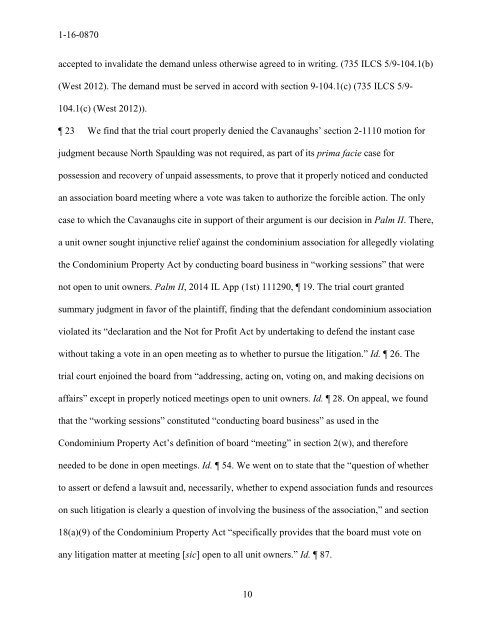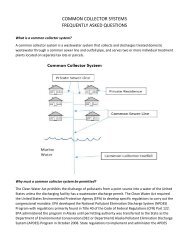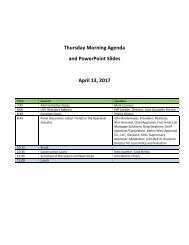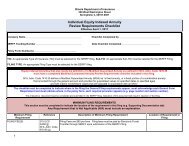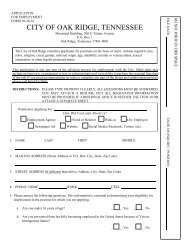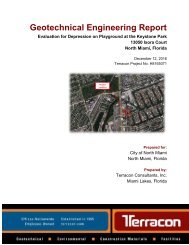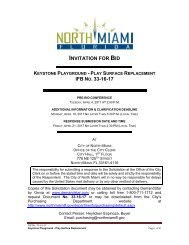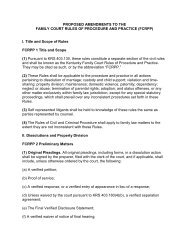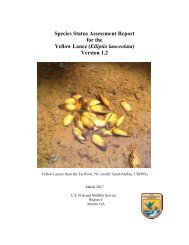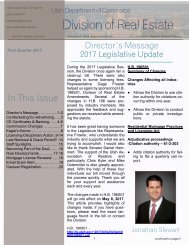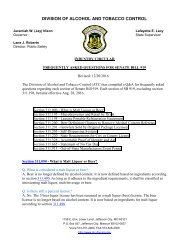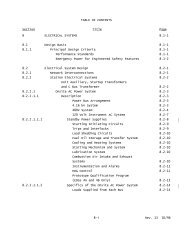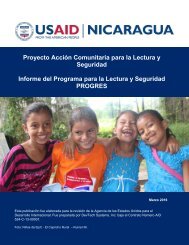1160870
1160870
1160870
Create successful ePaper yourself
Turn your PDF publications into a flip-book with our unique Google optimized e-Paper software.
1-16-0870<br />
accepted to invalidate the demand unless otherwise agreed to in writing. (735 ILCS 5/9-104.1(b)<br />
(West 2012). The demand must be served in accord with section 9-104.1(c) (735 ILCS 5/9<br />
104.1(c) (West 2012)).<br />
23 We find that the trial court properly denied the Cavanaughs’ section 2-1110 motion for<br />
judgment because North Spaulding was not required, as part of its prima facie case for<br />
possession and recovery of unpaid assessments, to prove that it properly noticed and conducted<br />
an association board meeting where a vote was taken to authorize the forcible action. The only<br />
case to which the Cavanaughs cite in support of their argument is our decision in Palm II. There,<br />
a unit owner sought injunctive relief against the condominium association for allegedly violating<br />
the Condominium Property Act by conducting board business in “working sessions” that were<br />
not open to unit owners. Palm II, 2014 IL App (1st) 111290, 19. The trial court granted<br />
summary judgment in favor of the plaintiff, finding that the defendant condominium association<br />
violated its “declaration and the Not for Profit Act by undertaking to defend the instant case<br />
without taking a vote in an open meeting as to whether to pursue the litigation.” Id. 26. The<br />
trial court enjoined the board from “addressing, acting on, voting on, and making decisions on<br />
affairs” except in properly noticed meetings open to unit owners. Id. 28. On appeal, we found<br />
that the “working sessions” constituted “conducting board business” as used in the<br />
Condominium Property Act’s definition of board “meeting” in section 2(w), and therefore<br />
needed to be done in open meetings. Id. 54. We went on to state that the “question of whether<br />
to assert or defend a lawsuit and, necessarily, whether to expend association funds and resources<br />
on such litigation is clearly a question of involving the business of the association,” and section<br />
18(a)(9) of the Condominium Property Act “specifically provides that the board must vote on<br />
any litigation matter at meeting [sic] open to all unit owners.” Id. 87.<br />
10


